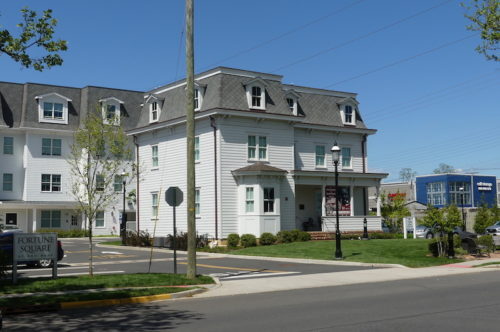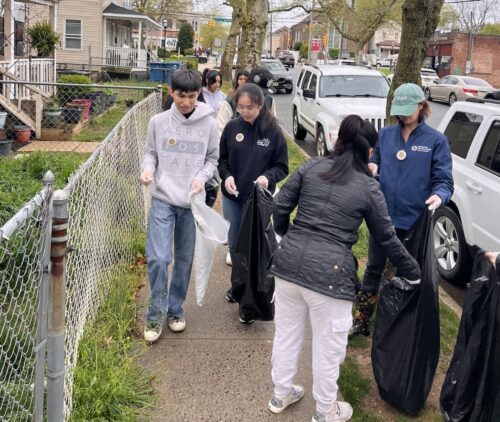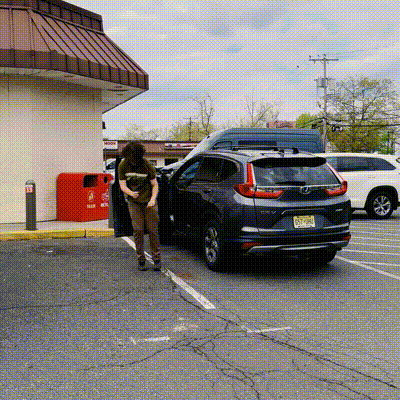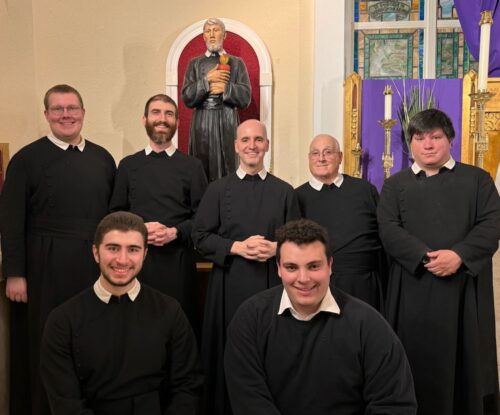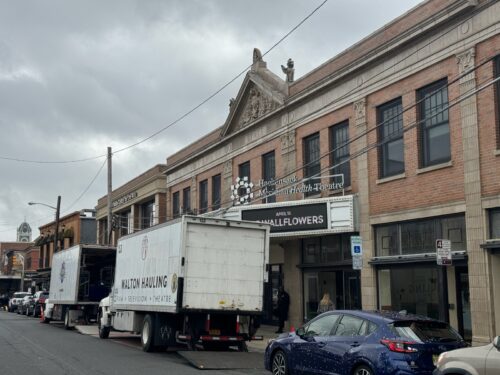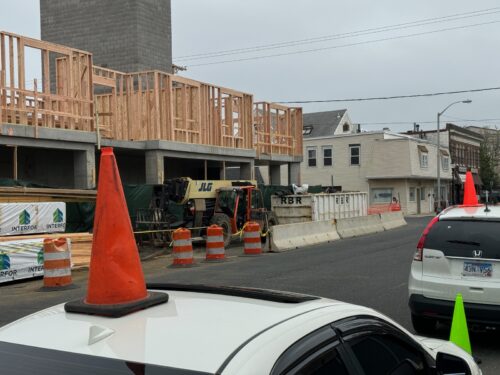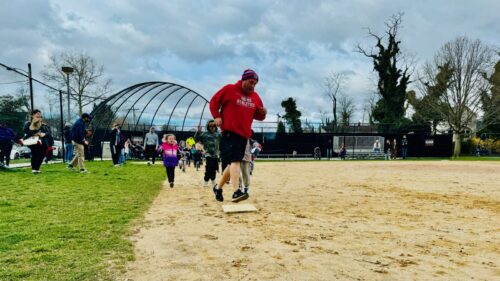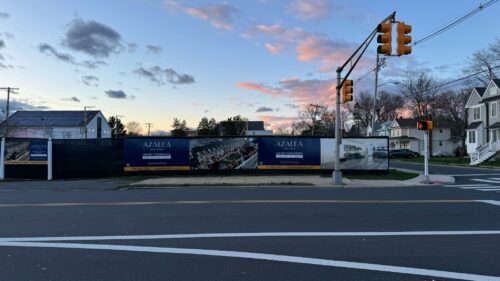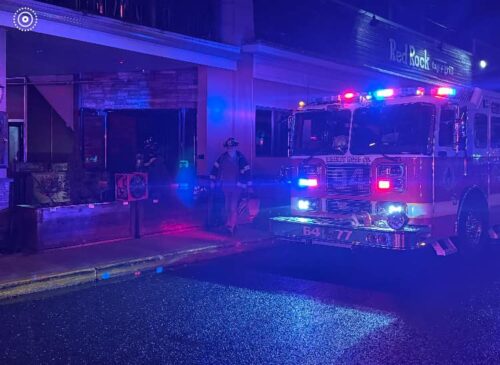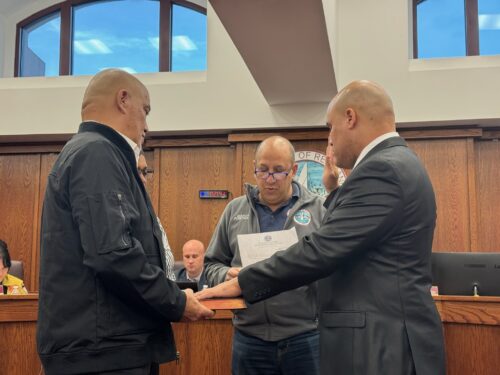
After 40 minutes behind closed doors, the town’s planning board voted to postpone a scheduled hearing on the proposal for a 72-room Hampton Inn until September 19 so that its members could “digest” the lawsuit, filed in state Superior Court in Freehold Tuesday.
Meantime, Ron Gasiorowski, a lawyer representing Prospect Avenue resident Stephen Mitchell, hopes to persuade the court that the matter belongs before the zoning board, not the planning board.
Through Gasiorowski, Mitchell maintains that the hotel’s developer, Rbank Capital LLC, got off easy after zoning officer Donna Smith Barr determined that a hotel was prohibited at the proposed site, home to a disused Exxon station at the intersection of Route 35 South and Rector Place.
Smith Barr cited a 2009 land use law change that allowed only single-family housing along once-stately Rector Place.
Instead of seeking a variance within 20 days of Smith Barr’s decision, as required by law, said Gasiorowski, Rbank Capital sought a zoning board interpretation of whether the ordinance was intended to apply to the proposed hotel site. The zoning board ruled in May that the borough council had not intended to include the Exxon site, which has only about 40 feet of frontage on Rector.
Mitchell’s lawsuit, which names both boards as well as Rbank Capital as defendants, seeks to undo what Gasiorowski claims was a procedural error, and force the case back to the zoning board, where the standards for winning variances are stiffer than those for planning board approvals.
“The zoning officer determined they needed a use variance,” and Rbank had 20 days under the law to seek an appeal of that ruling, he said. But the 20 days had lapsed when Rbank asked for the interpretation, he said.
“My position is that if you don’t file an appeal within 20 days, then you’re precluded from asking for an interpretation,” he told a cluster of reporters after the aborted hearing.
“They have to apply for a use variance,” he said. “They can’t get in through the back door.”
Planning board attorney Michael Leckstein said the board could have proceeded with the hearing but decided it wanted time to study the claims in the suit.
Here’s the Mitchell filing: mitchell-v-rbzb-l-4210-11


